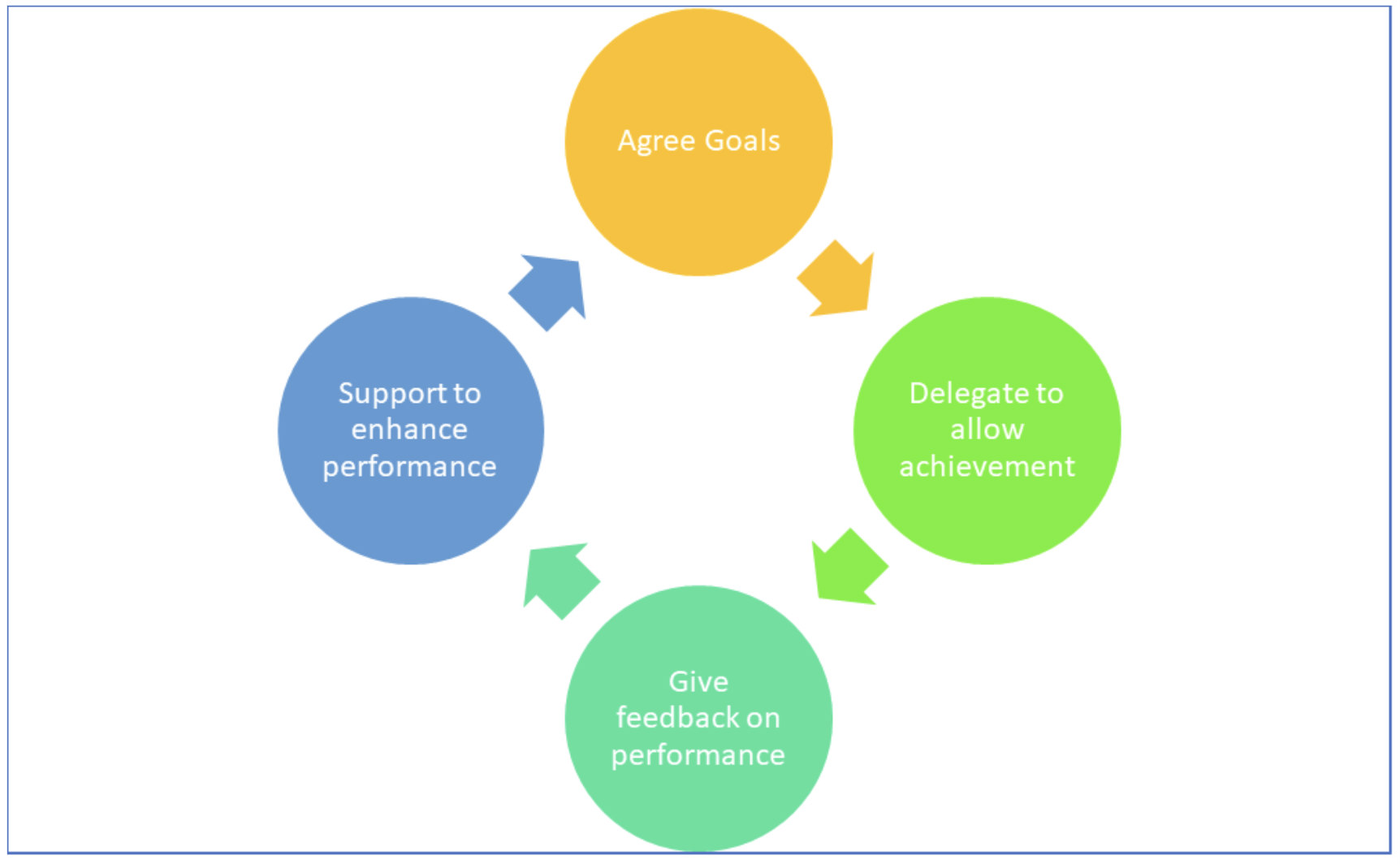One of the most common elements where new PIs feel they are lacking knowledge and experience is performance management. It is one of the most important elements of your role, and one that you may not need to have engaged fully until now.
As a new PI, you are now responsible for a group of people with different experience, skills, personalities, motivations, and career aspirations. No one approach will suit everyone, and you will find yourself in both joyful experiences where your group surprise you with their independence and creativity, as well as challenging times dealing with conflicts and poor performance. Successful PIs approach performance management with curiosity about what enables individuals to thrive, flexibility to try a variety of different approaches and courage or determination to address challenging situations.
For this reason, we have put together a wide variety of insights and resources to help you to navigate this crucial element of group leadership.
In this section you will gather insights and tools to try out that will help you enhance performance in your team through effective goal setting, delegation and feedback.
About performance management
Performance management is a process, or a cycle, with which you as group leader should be constantly engaging. It is not a task to tick off your list and it is not something that only happens when there is a new opportunity or a challenge, or when it’s the time of year when we conduct annual performance reviews. Your group are navigating an ever-changing landscape and the individual members are continually developing on both short and long timescales.
The performance management cycle:
Think of performance management as a cycle. In the sections below, you will find a variety of resources to help you to be effective in managing individuals in your research group in each of the stages of this performance management cycle.

Performance management cycle
Performance management tips
Resources
Internal resources and guidance
- The College’s Cornerstone materials provide a wealth of information to help you to support and manage PhD student performance. Specifically, it includes the Providing Effective Feedback.
- Training and support provided by People and Organisational Development will give you a variety of skills and insights for performance management of staff as well as students:
- Coaching skills for managers
- Disciplinary and grievance
- Managing underperformance
- Having effective conversations
- Performance Management Cycle
- ARC Annual Review Conversation (ARC)
External resources and guidance
- The emotions of challenging relationships and conversations can be understood helpfully by the theory of Transactional Analysis referenced in our video on this topic. You can learn more from author Eric Berne’s website and book.
- Website: The Radical Candor website, based on the bestselling book that many research leaders have found valuable, is packed full of resources that will enable you to develop your feedback skills and fix feedback fails.
- Talk: watch the talk by Radical Candor’s author and co-founder, which breaks down the principles of Radical Candor in six minutes.
- Max Lansberg’s book, The Tao of Coaching, introduces the Skill Will Matrix for motivating people.
- Online guide from the University of Edinburgh: Managing difficult conversations
- Critical review – tips for PhD supervisors from the Supervision Whisperer
- Book – Douglas Stone et al. Having Difficult Conversations
- Book: How to Deal with Difficult People – Smart tactics for overcoming the problem people in your life (Dec 2014)
- Book: Guccione, K.,& Hutchinson, S. (2021) Coaching & Mentoring for Academic Development. Emerald Education.
- Recognition for research contributions. See the 14 contributor roles taxonomy on the CRediT website.
- Hugh Kearns templates and downloadable toolkits for planning and monitoring progress during a PhD
Previous and next
Go back to the previous section: Creating a thriving and inclusive environment
Go to the next section: Agreeing goals